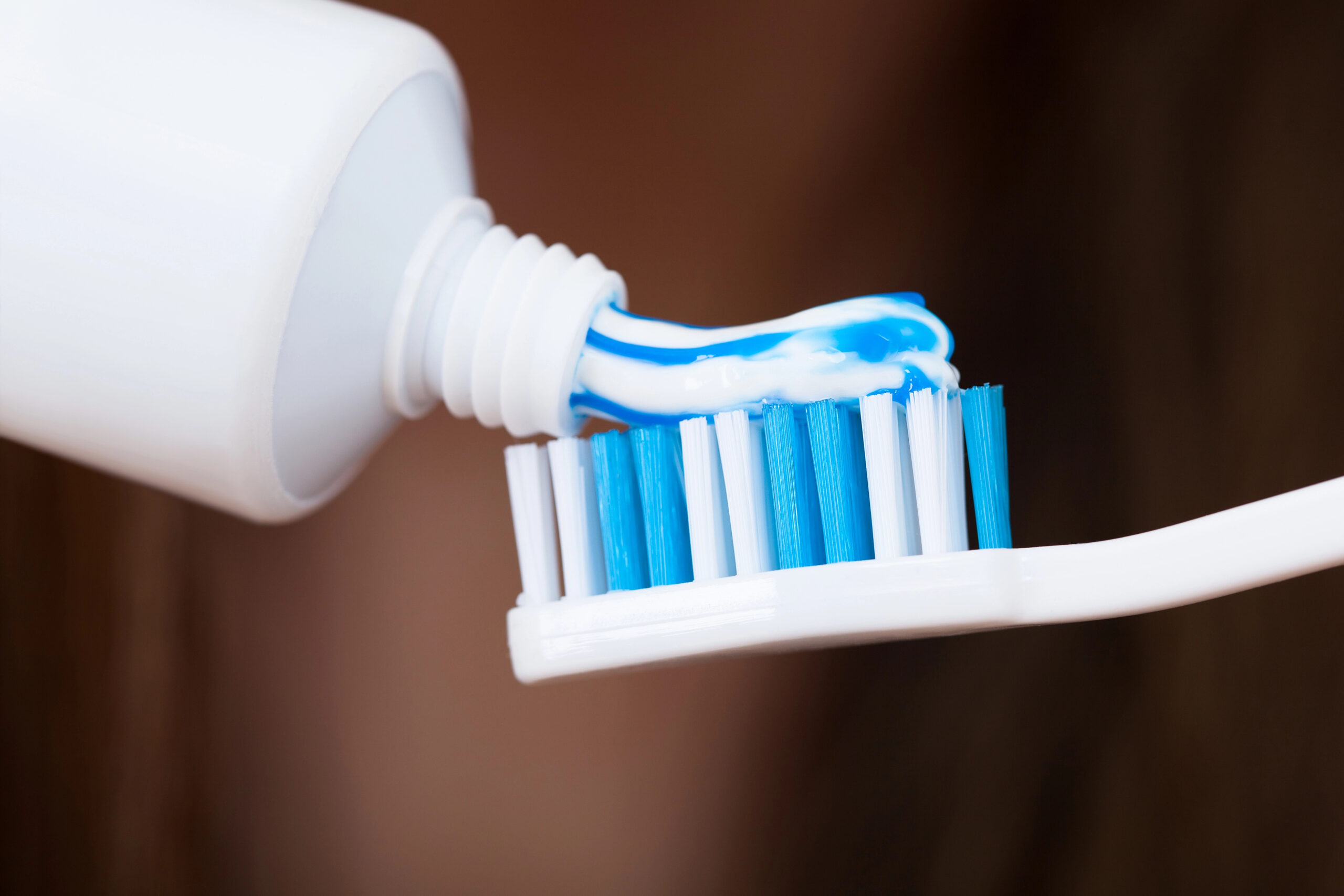Is Fluoride Safe? Facts vs. Myths
Fluoride is one of the most talked-about ingredients in dental care and also one of the most misunderstood. For decades, fluoride has been used in toothpaste, mouth rinses, and even public water supplies to help prevent cavities and strengthen tooth enamel.
But despite its long history in dentistry, questions still swirl around fluoride’s safety. Is it really good for your teeth? Can it be harmful? And what’s fact and what’s just myth?
In this post, the team at Brandon Smiles Dentistry will break down the most common myths about fluoride and reveal the facts so you can make informed decisions about your dental health.
Myths About Fluoride
Myth 1: Fluoride is a dangerous chemical
This is one of the biggest misconceptions about fluoride. Yes, fluoride is a chemical just like nearly every substance we interact with every day. But that doesn’t make it dangerous.
The key with any chemical is dosage. In the small amounts used in dental products and municipal water supplies, fluoride is not only safe, but incredibly beneficial. Leading health organizations, including the World Health Organization, the American Dental Association, and Health Canada, all support the use of fluoride for cavity prevention when used appropriately.
Myth 2: Fluoride doesn’t actually help your teeth
On the contrary, fluoride is one of the most effective tools we have to fight tooth decay. It works in two important ways: First, it helps rebuild weakened enamel by encouraging the remineralization process. Second, it makes your enamel more resistant to acid attacks from plaque, sugar, and bacteria.
For children, fluoride is especially valuable because it can strengthen developing teeth before they even emerge. For adults, it continues to offer protection by reducing the risk of cavities and slowing down the progression of early decay. Numerous studies have consistently shown that communities with fluoridated water have significantly lower rates of tooth decay compared to those without it.
Myth 3: Fluoride in water is harmful to your health
Concerns about water fluoridation causing health problems like cancer, kidney disease, or developmental issues have been thoroughly investigated. Decades of research and reviews by reputable scientific bodies have found no credible evidence that fluoride in water causes harm at the levels used for dental protection.
Like anything else, too much fluoride can be harmful, but the levels used in public health programs are well below any dangerous threshold.
Myth 4: Fluoride is only necessary for kids
It’s true that children benefit greatly from fluoride because it helps build strong, healthy adult teeth from the start. But adults need fluoride, too. In fact, as we age, we can become more susceptible to tooth decay due to factors like gum recession, dry mouth, and general wear and tear on our enamel.
Fluoride helps protect adult teeth in the same way it helps kids’ teeth, by strengthening enamel and reduces the risk of cavities. That’s why many adult toothpaste formulas include fluoride, and why your dentist may recommend fluoride treatments as part of your regular checkup, especially if you’re at a higher risk for decay.
Myth 5: Natural alternatives work just as well as fluoride
There are many natural oral care products on the market today that claim to prevent cavities without fluoride. While some ingredients (like xylitol or certain plant extracts) do show promise in supporting oral health, none have been proven to match the cavity-fighting power of fluoride.
Using fluoride-free toothpaste isn’t necessarily harmful, but it may leave your teeth more vulnerable to decay, especially if you’re not getting fluoride from other sources like drinking water or mouthwash. If you’re considering natural alternatives, it’s best to talk to your dentist to make sure your teeth are still getting the protection they need.
What About Fluorosis?
Dental fluorosis is a condition that can occur when children consume too much fluoride while their teeth are still developing. It usually shows up as faint white streaks or spots on the enamel and is generally harmless. In most cases, it’s a cosmetic concern and doesn’t affect the function or strength of the teeth.
Fluorosis is most commonly linked to swallowing large amounts of toothpaste, which is why it’s important to supervise young children during brushing and ensure they’re using only a pea-sized amount of toothpaste. With proper use, the risk of fluorosis is very low.
Fluoride at the Dentist’s Office
In addition to the fluoride found in toothpaste and water, your dentist may offer professional fluoride treatments during your regular visits. These treatments contain a higher concentration of fluoride and are applied directly to your teeth in the form of a gel, foam, or varnish. They’re quick, painless, and especially beneficial for patients with a high risk of decay, sensitive teeth, or weak enamel.
These in-office treatments give your teeth an extra boost of protection and are often recommended every six months as part of your dental care routine.
Dental Health at Brandon Smiles Dentistry
So, is fluoride safe? The answer, backed by decades of scientific research and the endorsement of major health organizations, is a confident yes.
When used correctly, fluoride is a safe, effective, and essential tool for keeping your teeth healthy and cavity-free. Myths and misinformation may spread online, but the facts tell a much clearer story.
If you have questions about fluoride or want to know if you’re getting the right amount, book an appointment with Brandon Smiles Dentistry today. Our team is happy to discuss your dental care needs and help you make the best choices for your oral health.

